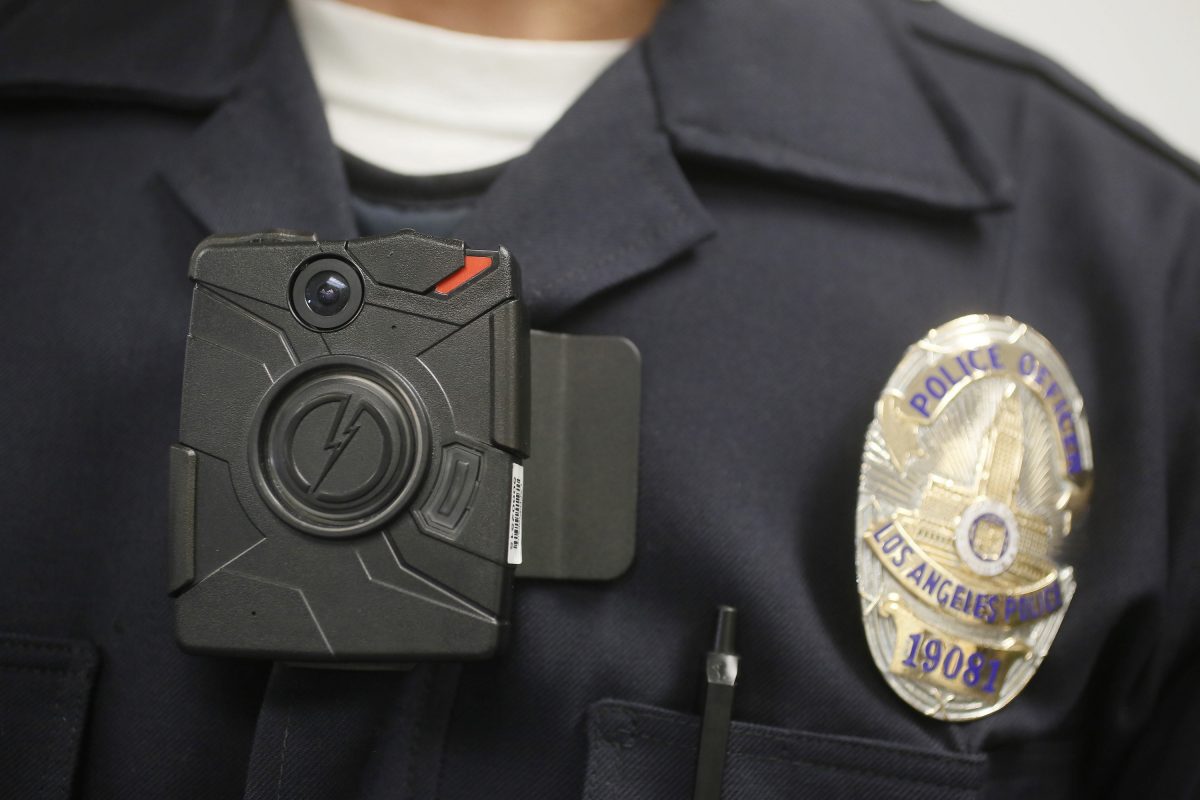
The Department of Justice will require its federal officers to wear body cameras while carrying out search and arrest warrants, marking a shift from a long-standing policy that barred federal agents from wearing body cameras.
In a memorandum issued Monday (pdf), Deputy Attorney General Lisa Monaco directed multiple DOJ law enforcement agencies to develop policies that would mandate body cameras to be worn and activated by federal officers while they carry out pre-planned searches or arrests.
Monaco said her policy decision was “based on recommendations from the Department’s law enforcement components.”
“The Department of Justice recognizes that transparency and accountability in law enforcement operations build trust with the communities we serve,” Monaco said in the memo, later adding, “I am proud of the job performed by the Department’s law enforcement agents, and I am confident that these policies will continue to engender the trust and confidence of the American people in the work of the Department of Justice.”
While federal agents and deputies at agencies under the DOJ “do not regularly conduct patrols or routinely engage with the public in response to emergency calls,” there are instances where they do encounter the public during pre-planned operations, Monaco noted.
Previously in October 2020, the DOJ under the Trump administration announced it would allow, but not mandate, state and local law enforcement officers on federal task forces to wear body-worn cameras. The policy still prohibited the cameras from being activated in multiple scenarios, including in sensitive investigations, and federal agents were still blocked from wearing body cameras.
Before then, state and local police were required to turn off their cameras while working on federal task forces.
Monaco stipulated in the new DOJ memo that leaders of the Bureau of Alcohol, Tobacco, Firearms & Explosives; the Drug Enforcement Administration; the FBI; and the U.S. Marshals Service; must submit for review policies regarding body cameras for their respective agencies within 30 days from June 7.
In the memo, she specified that each agency’s body camera policy shall include “procedures for the expedited public release of recordings in cases involving serious bodily injury or death.”
The policies must also be “fully compliant with all records-related laws, regulations, rules, policies, and guidance,” she wrote.
The memo also directs the DOJ’s Executive Office for U.S. Attorney to, within 90 days, develop a training program for prosecutors on how to use the body camera recordings as evidence in court, “building on existing trainings related to the discovery implications of these recordings.”
 RSS Feed
RSS Feed















 June 8th, 2021
June 8th, 2021  Awake Goy
Awake Goy  Posted in
Posted in  Tags:
Tags: 













